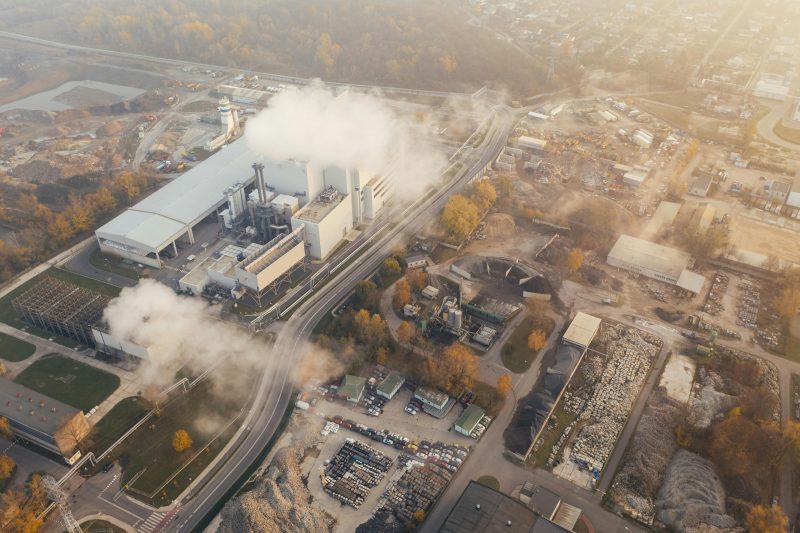In today’s eco-conscious world, the environmental impact of our activities is more scrutinised than ever. The concept of a carbon footprint—a measure of the carbon dioxide emissions associated with the operations of an organisation, individual, or activity—is at the forefront of discussions on sustainability. This concept underscores the global imperative to mitigate environmental degradation through strategic reductions in carbon emissions. The urgency of this matter has prompted nations and industries alike to pledge significant commitments towards a greener future.
The United Kingdom’s Commitment to a Sustainable Future
The United Kingdom has taken a bold step in addressing climate change, setting ambitious targets to curtail its carbon emissions. The government’s strategy aims for a net-zero emission status by 2050, with an interim goal of a 78% reduction by 2035. This legislative framework compels businesses to critically evaluate and minimise their environmental footprints, heralding a new era of corporate environmental responsibility.
The Courier Industry at a Crossroads
Amidst a surge in consumer demand for home delivery services, the courier industry finds itself in a pivotal position to contribute to environmental sustainability. The proliferation of e-commerce and the preference for businesses demonstrating sustainable practices underscore the need for the delivery sector to innovate and adopt greener operational models.
Assessing the Environmental Impact of Parcel Delivery
The logistics of delivering parcels to consumers’ doorsteps involve considerable carbon emissions, largely due to the distance covered and the inefficiencies associated with failed deliveries or returns. Recent data indicates that an average parcel delivery by Royal Mail emits 218 grams of CO2 equivalent (CO2e). Comparatively, courier services, on average, emit slightly less—181 grams of CO2e per parcel, thanks to optimised delivery routes and reduced mileage between drop-offs. Nonetheless, the environmental footprint of these deliveries remains a concern that requires immediate and effective solutions.
Innovative Steps Toward Reducing Delivery Emissions
Several companies are leading the charge in reducing the carbon footprint of deliveries. Initiatives such as green delivery slots and consolidated delivery options, exemplified by Amazon’s Day Delivery, have shown promise in minimising packaging waste and emissions. These efforts, coupled with statistics revealing the eco-friendliness of home deliveries compared to traditional shopping methods, offer a blueprint for sustainable logistics.
The Role of Electric Vehicles and Logistics Software in Greening the Courier Industry
The adoption of electric vehicles (EVs) presents a tangible solution for couriers aiming to lower their carbon footprints. With the increasing availability of EVs and large corporations like Amazon committing to significant electric fleets, the industry is poised for an eco-friendly transformation. Additionally, advances in logistics software and integrated digital technologies enable couriers to optimise routes and reduce fuel consumption, further diminishing the environmental impact of their operations.
Understanding Carbon Offsetting
While operational adjustments are vital, they have their limits. Carbon offsetting emerges as an additional strategy, allowing companies to balance their residual emissions through environmentally positive actions, such as recyclable packaging and tree planting. This approach provides a comprehensive framework for couriers to not only reduce but also counteract their environmental footprints.
The Unseen Environmental Cost of Same-Day Deliveries
As the demand for same-day deliveries escalates, so does the potential environmental cost. Despite the convenience these services offer, many consumers remain unaware of their significant carbon footprint compared to standard delivery options. Educating customers about the environmental implications of their choices is crucial for fostering a culture of sustainability within the delivery ecosystem.
A Collective Path Forward
The journey towards sustainability in the delivery industry is complex and multifaceted. It necessitates a collaborative effort from courier companies, consumers, and policymakers to embrace innovative solutions, promote environmental awareness, and adopt practices that prioritise the health of our planet. By forging a path of sustainability, the courier industry can play a pivotal role in the global fight against climate change, ensuring a greener, more sustainable future for generations to come.










